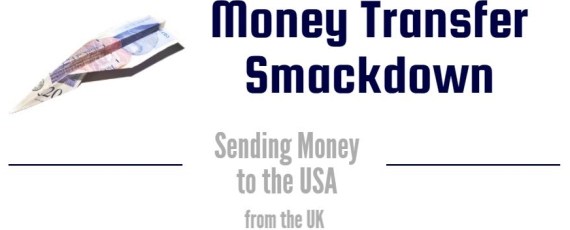
It’s no secret that filing expat taxes is confusing and few expats know all the laws and rules. But these 5 facts may surprise even the most seasoned tax-filing expat!
1. The Foreign Earned Income Exclusion isn’t always the best way to save
US expats are always looking for ways to eliminate their US tax liability and the most common way is using the Foreign Earned Income Exclusion (FEIE). But is there another option? The answer is yes!
You must qualify to use the FEIE via the Physical Presence test (PPT) or the Bona Fide Residence test (BFR). The PPT, the most common ways expats qualify, requires you to be physically present in a foreign country for 330 of any 365-day period and have earned income. But what if your residency or income doesn’t qualify? That’s when the Foreign Tax Credit is your best option.
The Foreign Tax Credit is a dollar-for-dollar credit on the taxes you pay to a foreign country. You don’t have to qualify to use it, nor does the income you were taxed on need to be ‘earned’. In addition, if you paid more taxes to a foreign country than you would owe to the US, using the Foreign Tax Credit instead of FEIE results in a ‘tax credit’ that can be used on future returns for up to 10 years (or carried back one year).
2. FATCA doesn’t trigger tax liability
FATCA, Foreign Account Tax Compliance Act, has been all over the media this year and let’s face it, no one has said anything positive about it. And while it is definitely a source of pain (especially as it has contributed to serious banking issues for expats) it isn’t all bad. In fact, FATCA is simply a reporting requirement—it does not trigger any kind of tax liability.
If the value of your foreign financial assets exceed certain thresholds (which vary by filing status and residency), you must file Form 8938 along with your US Federal Tax Return. Again, this is just required to report the existence of your assets to the IRS. There is no tax on the assets.
Of course, it’s very important to report your assets as required as the penalties for failing to do so are steep.
3. Obamacare may impact you
Obamacare (the Affordable Care Act) was created to ensure every American has health insurance. Taxpayers are required to hold the minimum essential coverage as defined by the plan and those who don’t pay an ‘individual shared responsibility payment’. Translation? You get taxed if you don’t have a qualifying health plan.
Strangely enough, Americans living abroad aren’t automatically exempt. Expats who qualify for the FEIE, are exempt, as are those who hold a US expatriate health plan. However, if you haven’t been overseas long enough to qualify or your overseas contract is shorter than 330 days, you will pay a penalty on your US tax return. (To learn more about the penalties, see this article on our blog.)
If you are exempt (as most US expats are), you simply need to complete and attach Form 8965 to your Federal Tax Return—and that’s it!
4. The Foreign Tax Credit can help reduce capital gains tax
Here is the definition of capital gains/losses is this: when you sell property or investments for more than the cost basis, you have a gain and when you sell for less than your cost basis, you have a loss.
If you sell your foreign home and it was your primary residence (i.e. you lived in and owned the home for any 2 of the 5 years preceding the sale) you can exclude up to $500,000 on any gains realized.
For those who aren’t selling their primary home, the gain is taxable in the US and likely in the country you live in. But here’s the good news: US taxes attributed to capital gains from the sale may be reduced or eliminated using the Foreign Tax Credit. So if you paid local taxes on the sale of your property, you can reduce your US tax liability by the exact amount you paid. It’s important to note that even though capital gains is considered ‘income’ in the eyes of the IRS, you cannot offset these taxes using the FEIE.
Capital gains taxes are not considered ‘earned’ income, which is one of the requirements to use the FEIE.
5. Extensions can help you qualify for deductions
This is one of the little known ‘tricks’ to ensure you pay the least amount possible to the IRS. If you haven’t been overseas long enough to qualify for the FEIE when tax time rolls around, simply file Form 4868 for an extension, which gives you until October 15. And you can get an even longer extension if needed.
If you need extra time to meet either the PPT or BFR to qualify for the FEIE, you can file Form 2350 to request an extension. The IRS will usually grant this but only if you expect to file Form 2555 or 2555-EZ (the forms necessary to claim the FEIE and/or Foreign Housing Exclusion). So you can’t file for an extension past October 15th just because you’re not ready to file, but Form 2350 is there if you need it to qualify for money-saving deductions and exclusions!
Filed In:
Contributor:
This post was sponsored and written by David McKeegan, co-founder of Greenback Expat Tax Services. Greenback specializes in the preparation of US expat taxes for Americans living abroad. Greenback offers flat-fee pricing, a simple online process and expert CPAs and IRS Enrolled Agents who work 100% with expats.
For more information on saving the most money on your US expat tax return, please contact us today!


